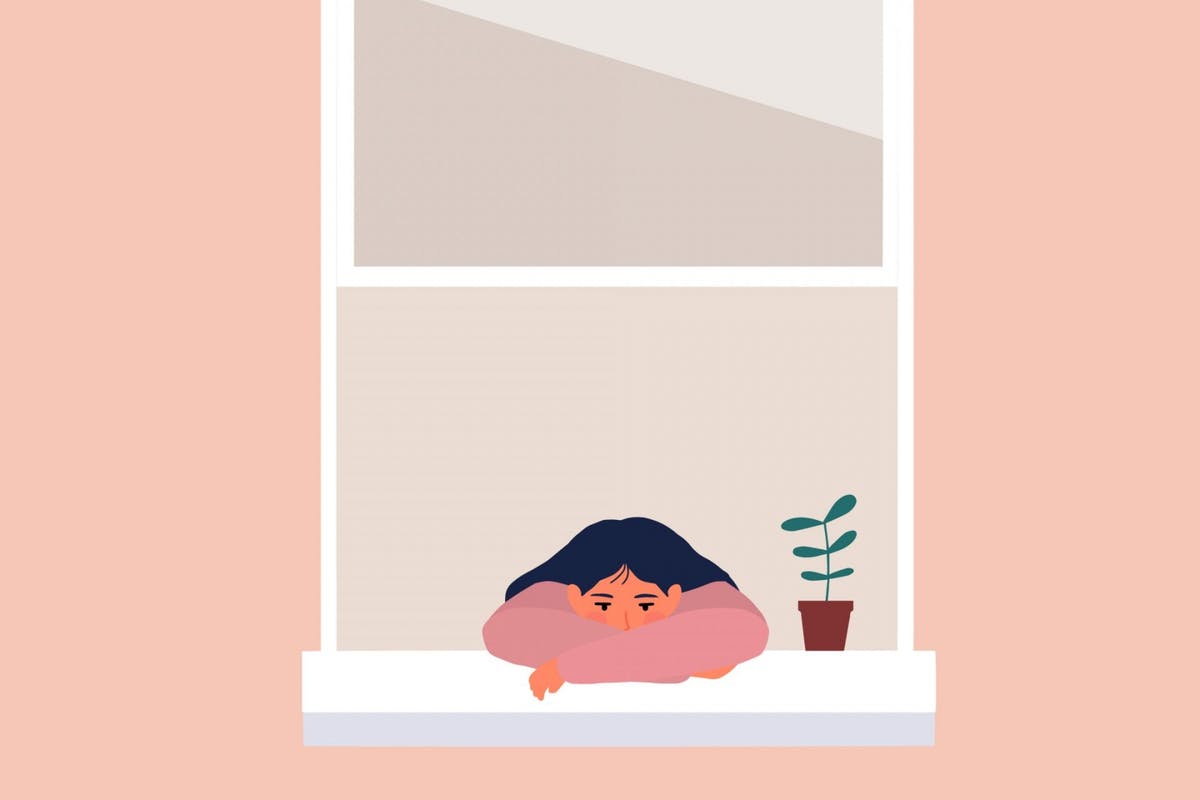Picture credit: stylist.co.uk
A proud son of the South Wales Valleys, Stephen Truelove is a Mindset Coach with 20 plus years’ experience of coaching and complementary therapies. He writes a regular wellbeing column for Style of the City, see his latest column piece here. Having experienced the highest highs and the lowest lows of life, Stephen developed the Love Life Love You Breaking Limitations and now helps people tackle anxiety, depression and other obstacles to become the best possible version of themselves.
With Wales on its last week and England now entering a month of lockdown, Stephen Truelove shares his top 10 tips on how to stay on top of your mental health during these uncertain times.
1. Create a Routine:
This will give a structure to your day and help you to focus on each step, which in turn will keep you present in the here and now and stop your thoughts wandering away. Routine is particularly important for children.
2. Limit Media Exposure:
Many people are on their mobile phones as soon as they open their eyes. Social media can be a good way to stay in touch with genuine friends, but it can also be toxic and have a negative effect on mental and emotional welfare, as can watching too many news reports on TV. Resist having a peep every few minutes and avoid screen time late at night.
3. Take Regular Exercise:
Get outside at least once a day if you can. Go for a walk or some other form of physical exercise that you enjoy. As well as keeping you fit, exercise is known to release happy hormones that help you feel more cheerful and positive.
4. Eat Well:
Eating balanced meals and not snacking on junk food between meals can benefit your mood as well as your physical health. Different foods affect people in different ways: the mind-body connection is always active, so listen to your body and pay attention to how you feel.
5. Manage your Money:
Many people are having a difficult time financially and financial difficulties can cause stress and affect relationships. Burying your head under a blanket and hoping the problem will go away won’t work. Reach out and ask for help: the sooner you talk to the right people, the quicker you can get a plan in place to start to put things right.
6. Take Regular Breaks:
This is a good habit, especially if you now have to work from home. Take regular breaks. Get right away from your workstation (and your phone) and just focus on your breathing, even just for five minutes. You will feel better for it and be more productive as well.
7. Keep in Touch:
Give someone a call, especially if they are by themselves or for that matter if you are. See what you can do to help. Connection with others is a basic human need and helping others brings a real feel-good factor. Go on, make that call and make a difference.
8. Limit Alcohol Intake:
Too much of anything is never good for us. It may feel good at the time, but then come the after-effects and everything that goes with that. Have a tipple, but make sure you don’t topple.
9. Be Mindful:
Being present in the moment takes some practice and there’s never been a better time to start. Master this and the anxious chatter in your head will quieten, you will feel more in control of your thoughts and your mood will be lighter. Basically, being mindful is simply paying attention to your environment and internal thoughts at this moment and being OK with what is.
10. Get a Good Night’s Sleep:
Poor sleeping patterns can bring you down. Routine comes in again here. Try to go to bed at roughly the same time and aim for the same number of hours of sleep each night. Switch off the TV a bit earlier, put down the gadgets an hour before bedtime, maybe have a soak in the bath or a short walk before retiring to bed. Try not to eat too close to bedtime so your body can simply rest without having to digest. Rest, recuperate, regenerate. Sleep well and wake refreshed.
Please visit www.lovelifeloveyou.co.uk for more on Stephen Truelove.








